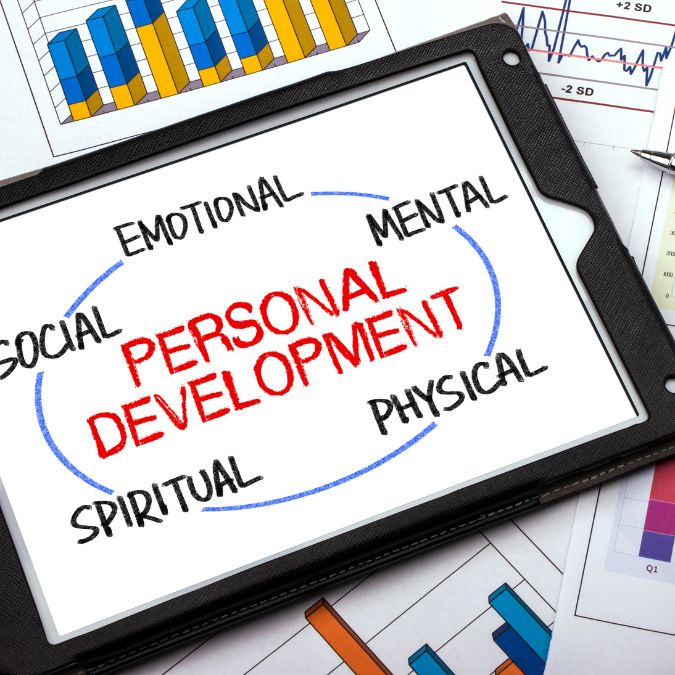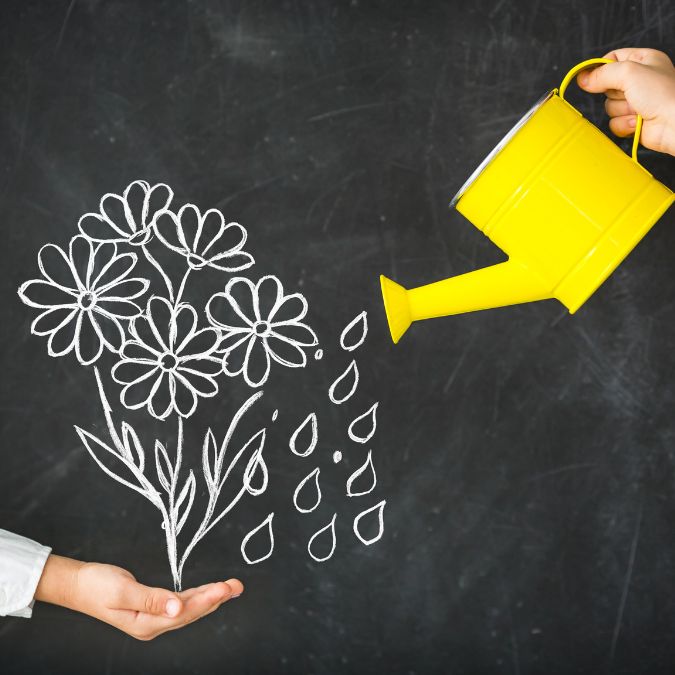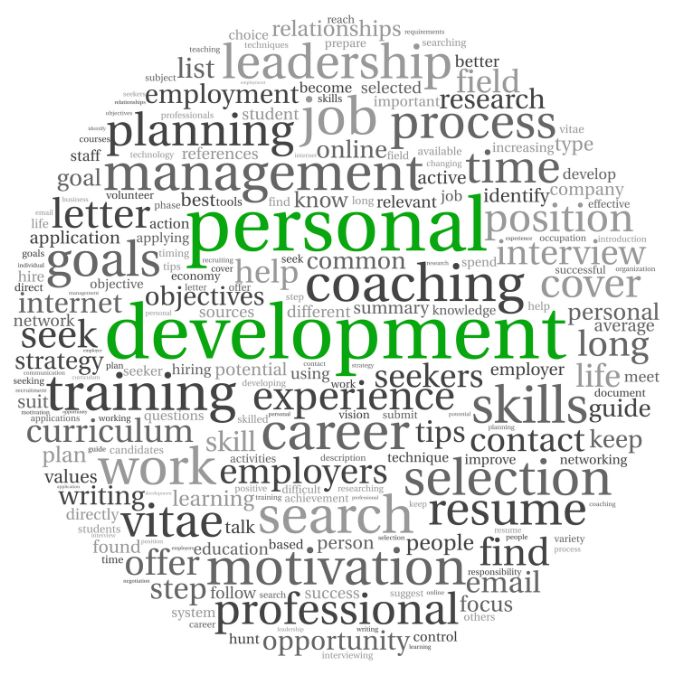Approaching personal development requires a commitment to self-growth and a structured plan to improve various aspects of your life. Here’s how you can effectively embark on a personal development journey:
1. Self-Assessment
- Identify Strengths and Weaknesses: Reflect on your current skills, habits, and behaviors. Understanding what you’re good at and where you need improvement is the foundation of personal development.
- Set Clear Goals: Define what you want to achieve. These goals should be specific, measurable, achievable, relevant, and time-bound (SMART goals).
- Seek Feedback: Ask for input from trusted friends, colleagues, or mentors to gain an outside perspective on areas you might need to work on.
2. Create a Personal Development Plan
- Prioritize Areas of Growth: Choose areas that are most important to you, such as improving communication skills, emotional intelligence, or career development.
- Break Down Goals into Actionable Steps: Turn larger goals into smaller, manageable tasks. This will make the journey less overwhelming and help you track progress.
- Set Milestones: Establish short-term milestones to measure progress toward your long-term goals. This will keep you motivated and allow for adjustments along the way.
3. Adopt a Growth Mindset
- Embrace Challenges: View challenges as opportunities to learn rather than obstacles. A growth mindset helps you see failures as part of the learning process.
- Be Open to Change: Personal development often requires changes in behavior and mindset. Be flexible and willing to adapt to new approaches and perspectives.
- Practice Patience and Persistence: Growth takes time, so be patient with yourself and stay committed, even when progress seems slow.
4. Invest in Continuous Learning
- Read and Study: Books, articles, and online resources can provide valuable insights into personal development. Focus on subjects that align with your goals, such as leadership, psychology, or health.
- Take Courses and Attend Workshops: Enroll in courses, workshops, or seminars that teach skills relevant to your development areas. These can offer structured learning and networking opportunities.
- Learn from Others: Surround yourself with people who inspire you. Seek mentors or role models who have achieved what you aspire to. Learning from their experiences can accelerate your growth.
5. Practice Self-Reflection
- Journaling: Regularly writing in a journal helps you reflect on your thoughts, progress, and challenges. This practice can bring clarity and help you process your emotions.
- Mindfulness and Meditation: Practicing mindfulness or meditation can help you stay present, manage stress, and improve your focus. It also fosters greater self-awareness.
- Regularly Review Goals: Revisit your goals and assess your progress. Adjust your strategies if needed, and celebrate the small victories along the way.
6. Build Healthy Habits
- Start with Small Habits: Focus on developing small, positive habits that contribute to your personal growth, such as reading daily, exercising, or practicing gratitude.
- Consistency is Key: Building habits requires repetition. Stick to your routine, even on days when motivation is low, and over time, those habits will become part of your daily life.
- Eliminate Negative Habits: Identify habits that hinder your personal development, such as procrastination, self-doubt, or negative self-talk, and work on replacing them with positive behaviors.
7. Seek Balance
- Physical Health: Personal development includes physical well-being. Regular exercise, a healthy diet, and proper sleep are crucial for maintaining energy and focus.
- Emotional and Mental Health: Develop emotional intelligence by recognizing and managing your emotions. Seek support when needed, whether through therapy, counseling, or talking to trusted friends.
- Work-Life Balance: Strive for a healthy balance between your personal and professional life. Overworking can hinder personal growth by leading to burnout.
8. Build Resilience
- Embrace Setbacks: Understand that setbacks are part of the growth process. When things don’t go as planned, use those experiences to learn and bounce back stronger.
- Develop Problem-Solving Skills: Work on enhancing your ability to tackle problems effectively. This not only helps in overcoming obstacles but also builds confidence.
9. Celebrate Progress
- Acknowledge Achievements: Take time to recognize and celebrate the progress you’ve made, no matter how small. This reinforces positive behavior and keeps you motivated.
- Reward Yourself: Treat yourself when you hit major milestones. Celebrating success is an important part of staying engaged in your personal development journey.
10. Stay Committed
- Make Personal Development a Lifelong Journey: Understand that personal growth isn’t a one-time project but a continuous process. Stay committed to learning, growing, and improving throughout your life.
- Stay Accountable: Share your goals with a trusted friend, mentor, or accountability partner who can check in on your progress and help keep you on track.
By following these steps, you can approach personal development with intention and clarity, leading to meaningful growth in both your personal and professional life.



